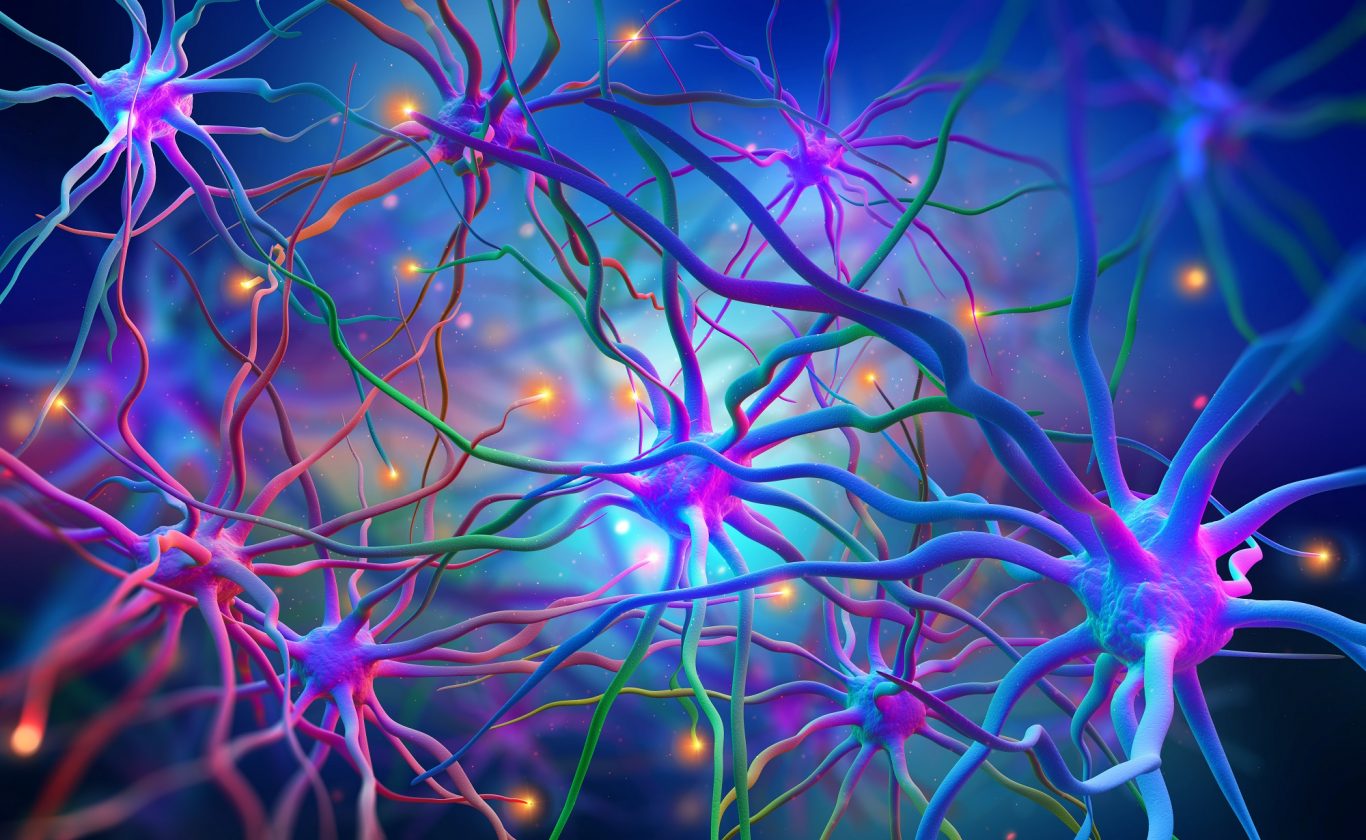Researchers once believed that the creation of new brain cells only happened in young people. But recent studies show that this process, called neurogenesis, continues even as people age.
That’s important news for older people because it indicates they have a better chance of slowing down age-related cognitive decline.
As detailed by Scientific American, neuroscientists have long debated whether aging brains continue to create new cells in the hippocampus, an area of the brain connected with learning, memory and mood regulation. It’s also an area of the brain most impacted by Alzheimer’s disease.
The creation of new brain cells as we age happens in a process called adult hippocampal neurogenesis (AHN). Proof of AHN “remained elusive” for years, according to a recent study published in Nature Medicine. But that study, using new techniques, has convinced many scientists around the world that neurogenesis continues as we age.

Insight Into Adult Brain Function
In the new study, a team of researchers from Spain studied brain cells from 58 recently deceased people, including those who died with memories intact and those who died at different stages of Alzheimer’s disease. They found few signs of new neurons in the hippocampus of those with Alzheimer’s, a number that dwindled the further they had progressed in the disease.
This indicates that a loss of new neurons could serve as an early indicator of Alzheimer’s disease and that stimulating neurogenesis could delay or prevent onset of the disease.
The study’s findings are still being debated. But Jonas Frisén, a professor at the Karolinska Institute in Sweden, told Scientific American, “I would say that there is an overwhelming case for neurogenesis throughout life in humans.”
That begs the question: Are there steps you can take to promote neurogenesis?
How To Boost Neurogenesis
It’s estimated that humans produce about 700 new neurons a day in the hippocampus, according to a TED Talk from Dr. Sandrine Thuret, who leads the Adult Neurogenesis & Mental Health Laboratory at King’s College London. By the time you reach 50, you have replaced all the neurons you were born with in the hippocampus with new neurons.
Thuret is among the experts who believes that neurogenesis continues later in life. “Collectively, now we think we have enough evidence to say that neurogenesis is a target of choice if we want to improve memory formation or mood, or even prevent the decline associated with aging, or associated with stress,” Thuret said.
She pointed out a handful of areas where people can take action to boost neurogenesis. These same areas are also listed by Harvard Health and the American Brain Society, among others.

Learning. The simple act of learning new skills, reading new information or even learning to play new games can stimulate creation of new cells.
Sexual Activity. Studies have found that sex stimulates neurogenesis. Keep in mind that research has shown frequency of sexual activiry is as important as the act itself.
Running. In a study mentioned by Thuret, neurogenesis increased significantly in mice who had a running wheel in their cage as opposed to those who did not. Many scientists believe any sustained, moderate aerobic exercise could have the same impact.
Sleep. A good night’s sleep is important for cognitive health. Not getting enough sleep can lead to issues with memory, emotions and other areas of cognitive decline.
What You Eat. When it comes to food, it’s not just what you eat but how much you eat and how long it’s been since the last time you ate. For example, restricting calories by 20 percent to 30 percent has been found to increase neurogenesis. So did intermittent fasting, which involves increasing the time between your meals. Certain foods have properties that can increase creation of new neurons, including the flavonoids found in dark chocolate and blueberries and the omega-3 fatty acid found in salmon.
On the other hand, a diet that contains many saturated fats will cause a lower level of neurogenesis. Alcohol also can decrease neurogenesis. However, resveratrol, which is found in red wine, can promote survival of new neurons.
As with so much of brain health, what’s good for your brain is also what’s good for your body. And with the findings of the latest research, it also looks to be good for encouraging neurogenesis and slowing the onset of age-related cognitive decline.
